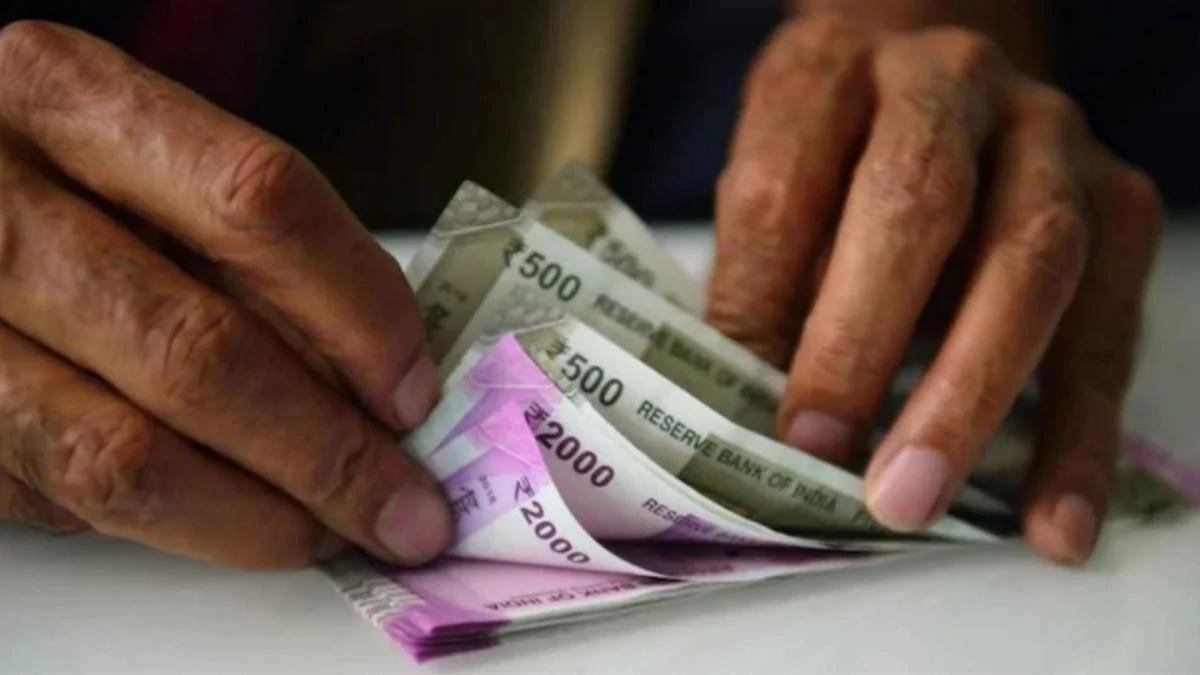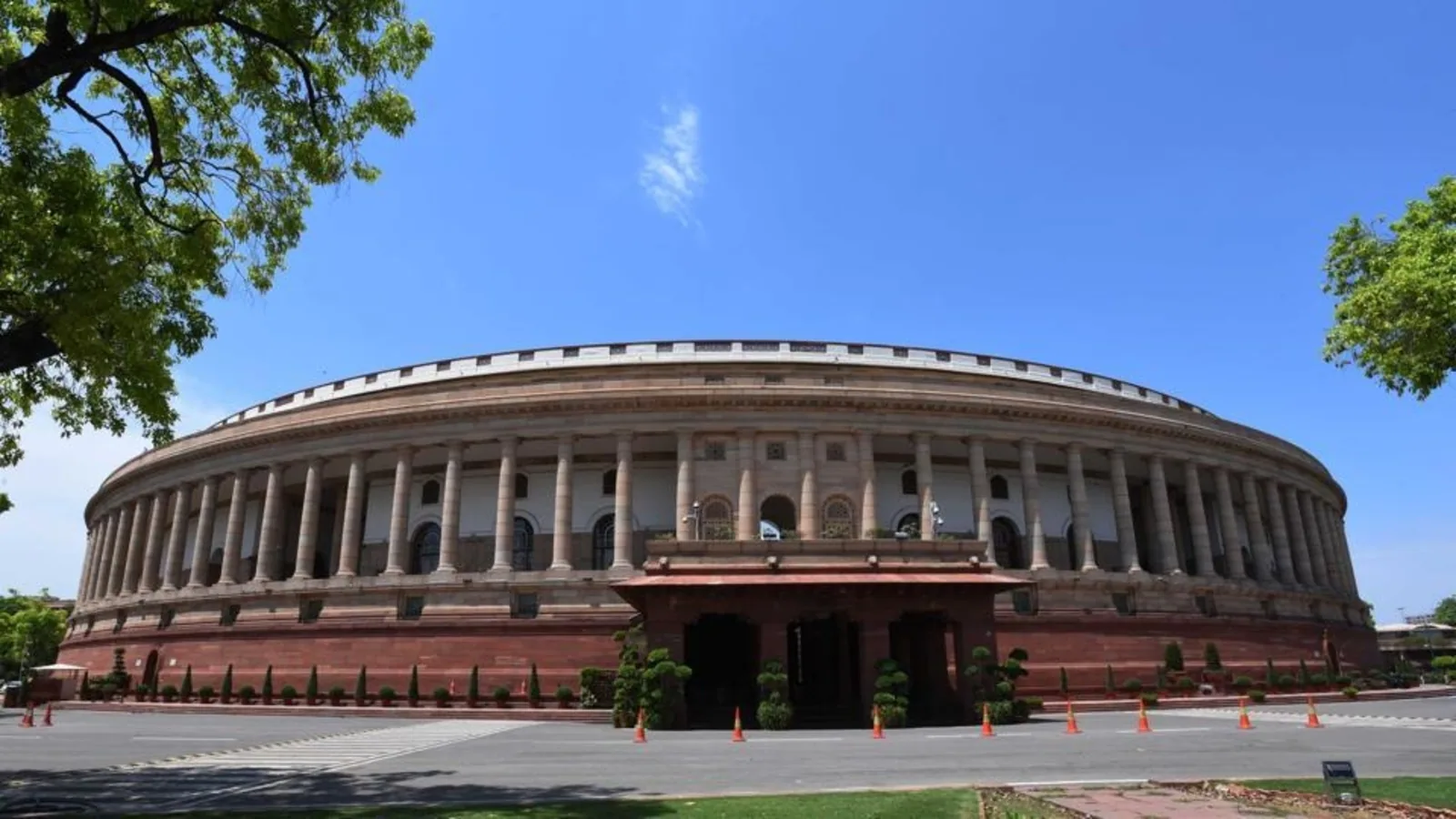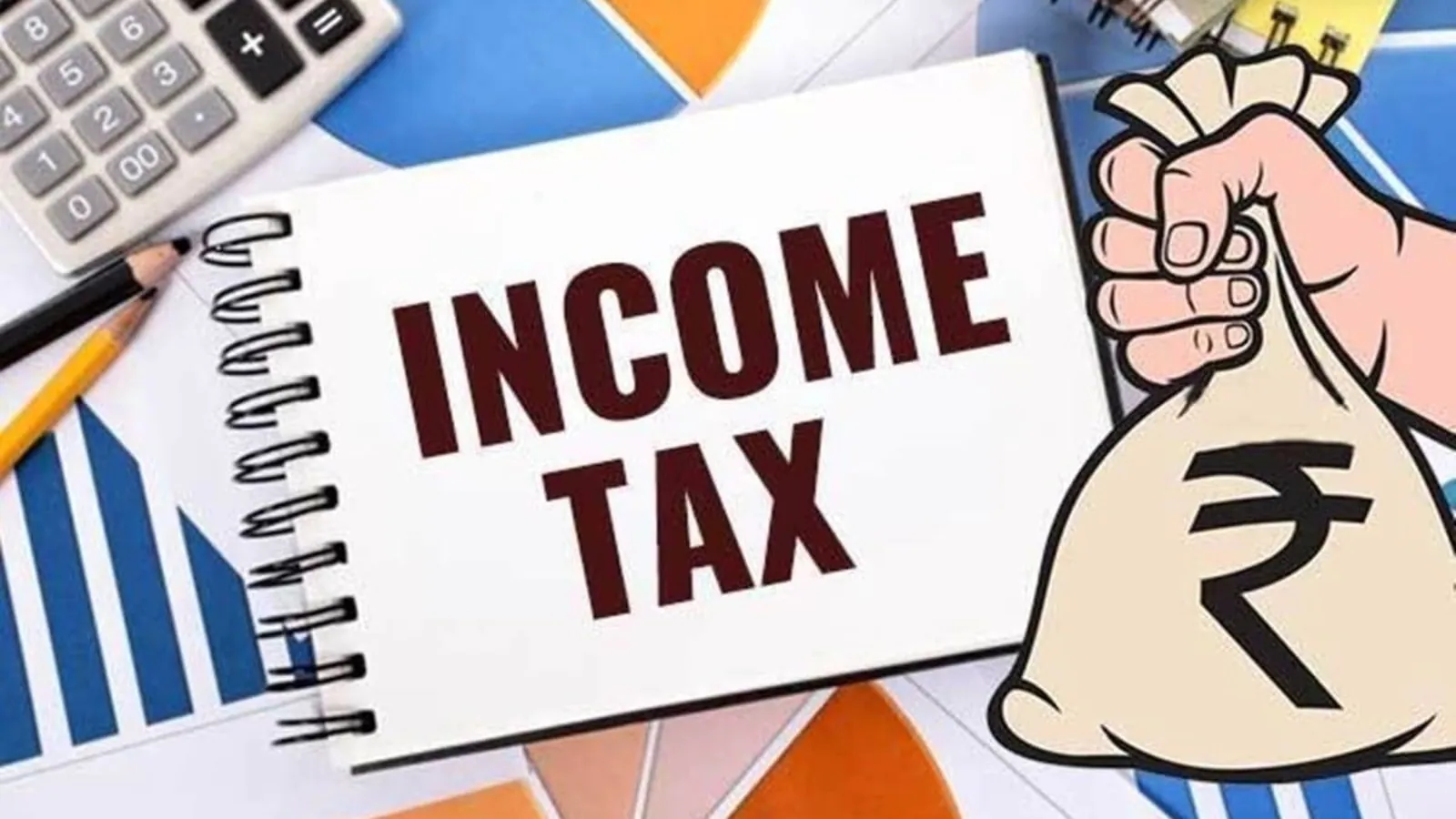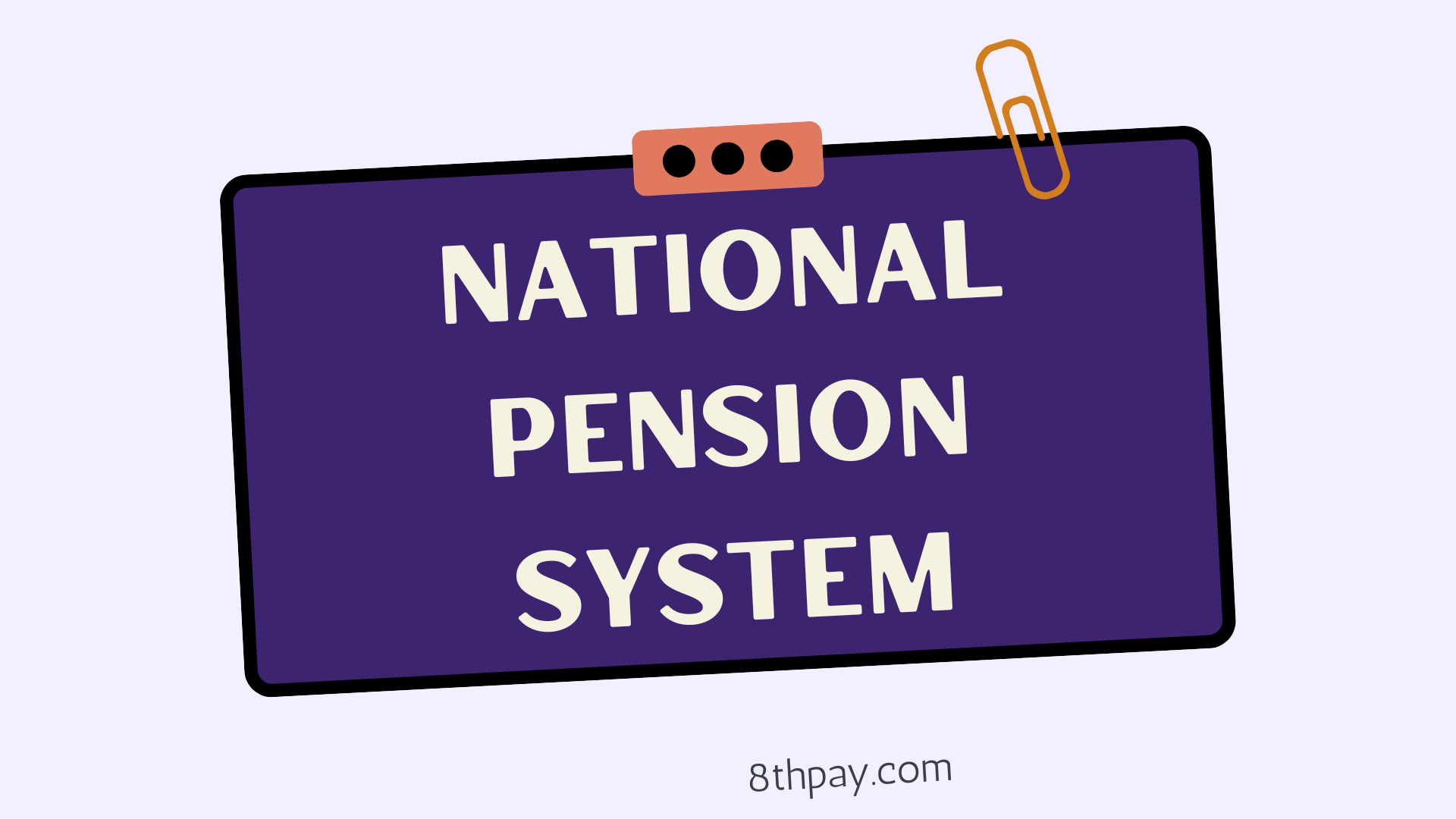Setting up of 8th Central Pay Commission and Interim Relief: RSCWS
RAILWAY SENIOR CITIZENS WELFARE SOCIETY
(Estd. 1991, Regd. No. 1881 – Under Registration of Societies Act),
IDENTIFIED BY DOP&PW GOVT. OF INDIA – UNDER PENSIONERS’ PORTAL
MEMBER, SCOVA (STANDING COMMITTEE FOR VOLUNTARY AGENCIES)
No. RSCWS/CHD/Memo -8th CPC/2023-6
Dated: 30-5-2023
Smt. Nirmala Sitharaman,
Hon’ble Minister of Finance,
Government of India,
North Block, New Delhi.- 110001.
CC by Emai; Smt. Nirmala Sitharaman MOF <nsitharaman[at]nic.in>
Sub :– Setting up of 8th Central Pay Commission (CPC).
Madam,
1. We draw your kind attention and that of the Government towards the financial constraints through which the Central Government employees and pensioners are passing for the last 70 years due to long gaps of 10 years between the Central Pay Commissions since Independence and very negligible rise of Pay & Pension each time due to defective formulae for fixation of revised Pay & Allowances and Pension adopted by each Pay Commission. Thus it leads to erosion of relativity with the other sections of society as well as the relativity vis-à-vis Per Capita Income of the Country.
2. The Seventh Central Pay Commission (CPC) had submitted its report in February 2017. Orders for its implementation were issued in July & August, 2017 with the provision that arrears of Revised Pays be paid w.e.f. 1-1-2016 and that of the Allowances etc. from later date(s).
3. a) Per capita income (as interpolated at current prices) in India had more than doubled from Rs.93,293/- in 2015-16 to Rs 1,97,000/- in 2022-23 (as per Budget Speech of MOF for the year 2023-24).
b) Pay & Pension of Central Govt. employees had increased by only 42% from 1-1-2016 to 1-1-2023 as against a rise of 111% in the Per Capita Income of the Country in this period as per details indicated above.
Also Read: 8th CPC Latest News
c) This was a great injustice with the Central Government employees and pensioners, caused due to continuous erosion of their real income; the Dearness Allowances and Dearness Reliefs do not provide requisite relief against inflation nor do they provide the required element to keep pace with the rise in per capita income of the country.
4. Seventh Pay Commission had fixed the Minimum Pay as Rs.18,000 instead of Rs.26,000 and erroneously proposed the fitment Factor as 2.57 instead of 3.15 thus doing great injustice to the employees and the pensioners, who face a triple jeopardy with deficient formula for DA & DR especially on account of irrational weightage to consumable items for compiling Consumer Price Index.
5. Fifth & Sixth Pay Commissions had recommended for delinking the Pay revision from a 10 years norm and link it with the date from which DA/DR rises above 50%.For ready reference, an extract of the relevant Para (1.1.4) of Sixth Pay Commission, is placed at Annexure 1 of this Memorandum.
6. As per the recommendations of the last three Central Pay Commissions, the future pay revision should be done when the DA/DR reaches 50% or more than the basic pay; the pay structure needs revision to neutralize the impact of inflation. The rate of DA/DR is projected to cross 50% or even more from Jan-2024 and as such the Pay & Allowances and Pension needs to be revised from January, 2024 accordingly.
7. The Pay Commissions have all along been taking about 2 years for submitting their Reports and another one year or more is taken by the Government to consider and to implement the same. This further erodes the relative value of the Pay & Pension proposed by Pay Commission.
8. It is therefore requested that Eighth Central Pay Commission may please be set up early and an Interim relief be granted to the Central Government employees & Pensioners w.e.f. 1-1-2024, to compensate them for the erosion of their Pay and Pension due to inflation & loss on account of relativity with GDP.
With regards.
Yours faithfully,
Secretary General/RSCWS
Copy To: –
1 Secretary, Finance Expenditure, North Block, New Delhi-110001.
2 Secretary, Department of Public Grievances, Adm. Reforms & Pensions, 5th Floor, Patel Bhavan, Parliament Street, New Delhi – 110001
ANNEXURE – I
Para1.1.4 of 6th CPC is reproduced below:
1.1.4 The Fifth Pay Commission had recommended that pay revision should, in future, be entrusted to a permanent Pay Commission drawing its authority from a constitutional provision and whose recommendations, made annually, should have a binding character. The Commission, as an alternative, suggested that dearness allowance should be converted into dearness pay every time the cost of living rises by 50% over the base level. In their opinion, DA would normally increase by 50% in a period of 5 years and that this relief could be combined with a decennial exercise of pay revision through a Pay Commission, meeting partially the demands of Central Government employees for a more frequent revision of salaries on the analogy of public sector employees. The Fifth CPC recommended constitution of the next Pay Commission by 2003 so that its report was available by 2006. Although the Government did not appoint the next Pay Commission in 2003, it allowed merger of 50% of dearness allowance with pay with effect from 1/4/2004.
Follow us on Telegram Channel and Facebook for all the latest updates








